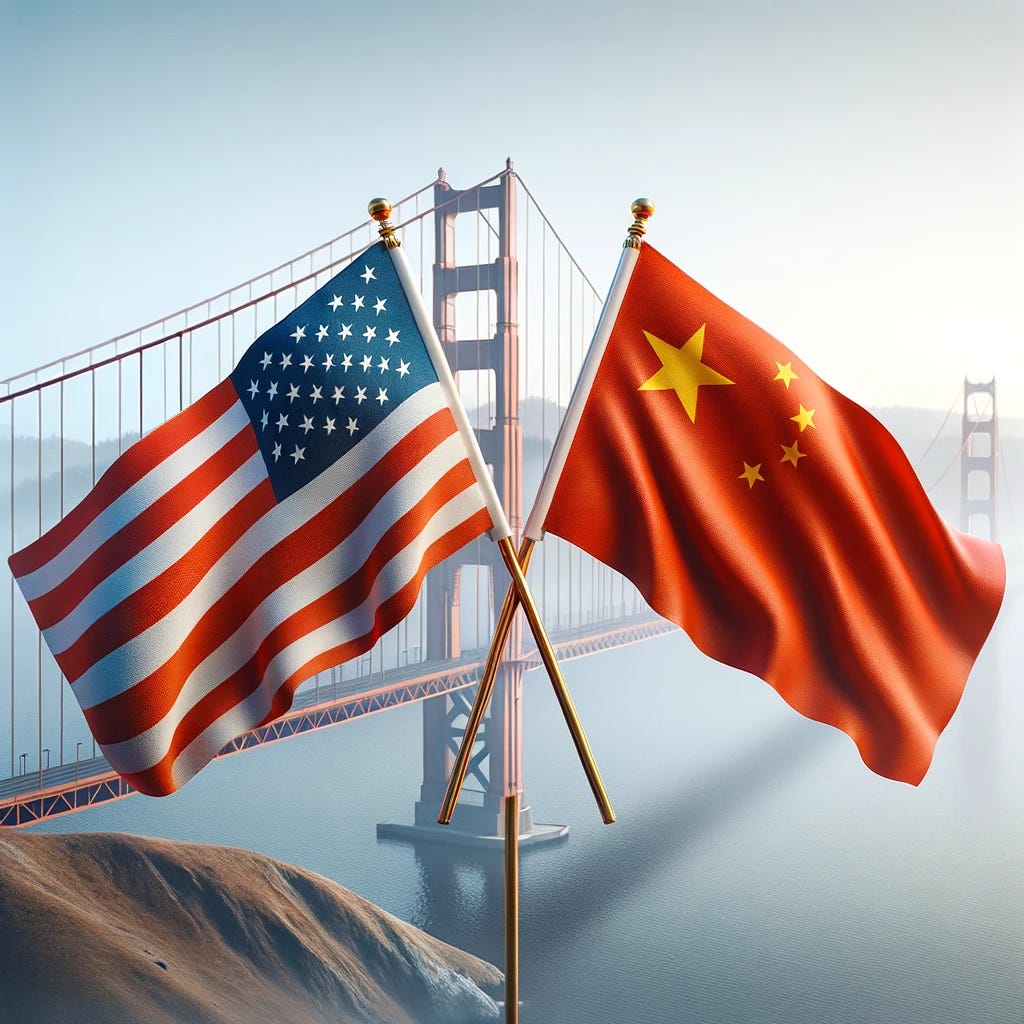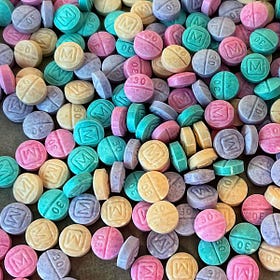San Francisco Summit Fallout: A Closer Look at US-China Fentanyl Talks
Reassessing the Outcome of the San Francisco Summit on Fentanyl
The San Francisco Summit, a part of the Asia-Pacific Economic Cooperation (APEC) forum, has brought fentanyl, a potent synthetic opioid, to the forefront of international discussions. China's pledge to tighten regulations on fentanyl precursors was a notable declaration. However, it's essential to scrutinize the realistic implications of these discussions, particularly given the complex history and current state of fentanyl production and its profound public health impact, primarily in the United States.
During the APEC forum, the leaders of China and the United States discussed renewing their joint efforts against the fentanyl crisis, with a focus on the precursor chemicals and the entities involved in their production and distribution. While this agreement might seem significant on paper, there is skepticism about its practical effectiveness. The underlying challenge lies in translating these diplomatic dialogues into concrete actions that can effectively disrupt the global fentanyl supply chain.
The promise of enhanced cooperation between these major global players raises a critical question: will these discussions translate into tangible outcomes? The history of international drug control efforts shows that while high-level agreements can set a direction, the path to actual change is often fraught with obstacles. Implementation challenges, differing national interests, and the agility of illicit drug networks in adapting to regulatory changes can significantly dilute the impact of such international agreements.
The Shift in Fentanyl Production Dynamics
Until 2019, China was a primary source of illicit fentanyl entering the United States. However, following China's ban on fentanyl production and certain precursors, Mexico emerged as a major producer, exacerbating the drug overdose crisis in the U.S. The majority of these overdoses are attributed to synthetic opioids like fentanyl. Despite these changes, a significant portion of the precursors used in Mexico's illicit fentanyl production still originates from China.
Addressing the Precursor Chemical Challenge
A key aspect of the strategy announced by China involves judicial pressure on companies producing precursor chemicals. This approach aligns with the demands of the U.S. government and aims to disrupt the supply chain of these essential components for fentanyl synthesis. Investigations have revealed that a significant number of companies, predominantly situated in China's Hebei and Hubei provinces, are engaged in the production of these chemicals.
These companies operate within a regulatory grey zone, moving between legal and illegal production. The internet plays a crucial role in promoting and distributing these chemicals worldwide, including to Mexico.
The U.S. Response and Broader Implications
The United States has responded by imposing sanctions on Chinese companies involved in the precursor chemical trade. The recent announcement by China signals a notable advance in bilateral cooperation on this issue. However, it's unlikely that increased cooperation will completely halt the flow of these chemicals. As control tightens in China, producers may turn to other countries with substantial chemical industries, like India, which has already become a significant source of these precursors.
Chinese Nationals Arrested in DOJ's Fentanyl Investigation
The United States Department of Justice (DOJ) has unsealed three indictments against China-based chemical manufacturing companies and their employees. This marks the first prosecution of such companies and Chinese nationals for trafficking fentanyl precursor chemicals into the US. The charges stemmed from investigations that resulted in the seizure of o…
The Global Regulatory Challenge
The varying regulations across countries and the legitimate demand for these chemicals in other industries create opportunities for illegal activities to exploit legal loopholes. This situation underscores the complexity of the issue and the need for a coordinated international response.
Moving Forward
Your insights and experiences are valuable in this ongoing battle. Please share your thoughts and perspectives on these recent developments and how they might impact drug crime in your areas.




